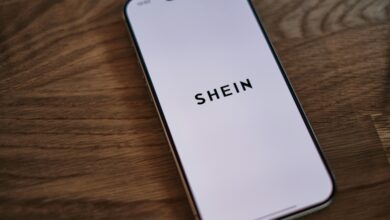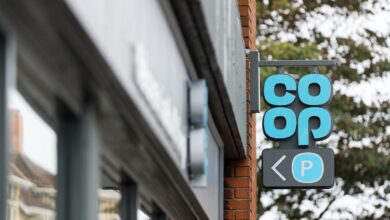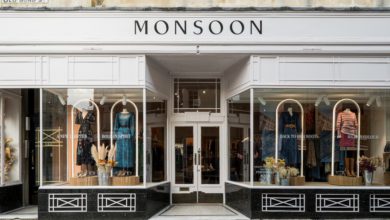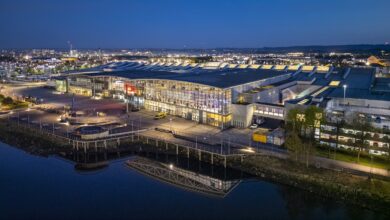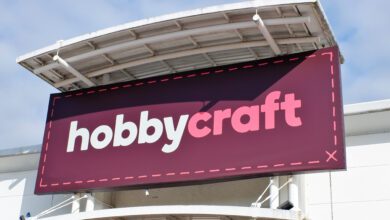Why is Hilco Capital looking to acquire Lakeland?
Retail Sector delves into Hilco Capital’s potential acquisition of Lakeland, why the Rayner family is set to move on, why Hilco is choosing to pursue the deal and what it says about the broader British retail landscape
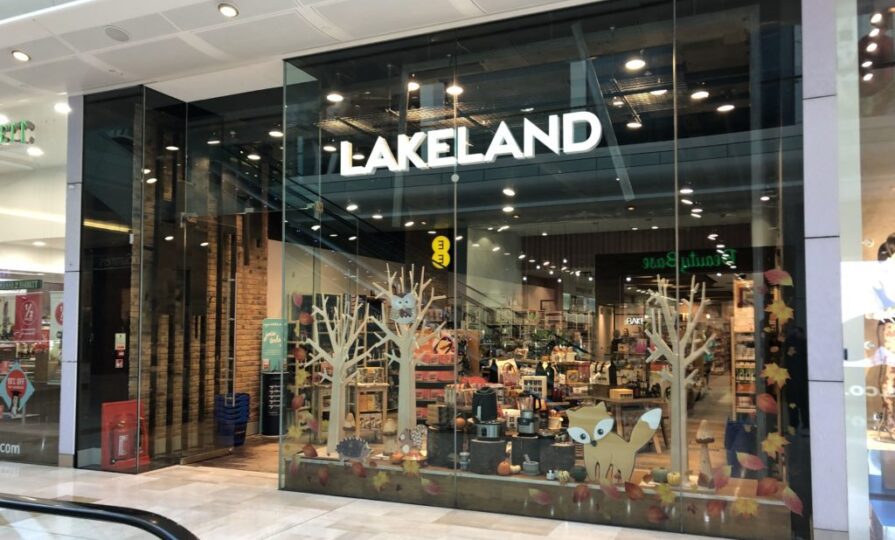
Register to get 1 free article
Reveal the article below by registering for our email newsletter.
Want unlimited access? View Plans
Already have an account? Sign in
British retail is no stranger to seeing a heritage brand acquired by a private equity firm. The latest name on that list seems to be family-owned homeware retailer Lakeland which is reportedly on the verge of being acquired by Hilco Capital. It was revealed in January that the company had hired Teneo as financial advisers to help it explore options. PwC has been advising HSBC, Lakeland’s principal lender, which is expected to end its involvement with the company. So why is Lakeland on the market, why are Hilco interested and what is the firm likely to do with Lakeland?
Why is the family letting go?
The simple answer is that the Rayner family is looking to secure the legacy of the brand. The landscape of British retail has changed dramatically in the 60 years that the company has been trading and in this high inflationary, highly competitive environment, legacy brands are struggling. Chris Camacho, UK CEO of creative agency Cheil, believes that while the brand is not failing, it is fatigued.
“Like many family-run businesses, it’s reached an inflection point. The brand still has trust and loyalty, but it needs sharper commercial tools, faster digital transformation and a new strategic engine to stay competitive. This is less about a crisis, more about recognising the limits of legacy leadership,” he explains.
This is a sentiment echoed by Peter Ahye, CEO of Hexagon Consultants, who believes that this move is a preemptive one. He thinks that the C-suite executives in the business will have looked at the company’s losses and added on top the impacts of the Budget measures, which will see its employment costs increase, and decided that now was the time to exit to secure the future of the brand. Fearing a slow decline similar to Wilko’s collapse, the Rayner family appears keen to secure a future for Lakeland before market pressures intensify, explains Ahye.
“It’s not of the size and scale that Wilko is by any stretch of the imagination but you could see the family saying enough is enough. What do they sell? They have a reputation and a legacy and they’ve been around a long time but they’re only new to online, that’s going to leave them at a disadvantage. Pretty much everything they sell you can pick up on Amazon if you wanted to, so I think the competition becomes very fierce from a business standpoint,” he says.
What is in it for Hilco?
For Hilco, this type of deal is very much in its wheelhouse. The tagline on the company’s website even states that the company is “investing in and revitalising iconic brands”. Hilco is a specialist in turnaround and Lakeland offers the firm a very good opportunity to make a quick turnaround owing to the fact that it has not reached a crisis point like many other businesses it acquires. Ahye believes that Hilco will not own the business for long.
“These guys always find a way to make sure they make their money back out as a minimum in the event that things go pearshaped. I think they will have run the rule over it. I don’t see it as a long term hold for them but I do see them as being opportunistic to make some money on this deal,” he explains.
Camacho goes further, stating that he believes Hilco sees something in Lakeland that others do not. “Margin potential hidden behind tradition. Lakeland has a loyal customer base, a strong brand in the home category, and under-leveraged digital. With the right operational shake-up, it’s a commercially sound bet. It’s not about preserving the past. It’s about unlocking future value.”
What might Hilco do?
Should the deal be completed as expected it remains to be seen what the firm will do with Lakeland. Some form of restructuring of the business and its store portfolio seem inevitable, as is quite often the way when a retail business is acquired by a private equity firm, but it is unclear what that might look like.
It is possible that it may own some of the freeholds of its stores which would lessen the chances of any store closures. Ahye believes that we will see some kind of pre-administration moves from Hilco. He thinks the firm will look to renegotiate any rents which it does have and may have already spoken to the landlords before any deal is complete.
Furthermore, Camacho believes that Hilco will look to shake up Lakeland’s offering and bring it into the 21st Century. “Hilco isn’t in the business of nostalgia. It’s in the business of value creation. That means sharper margins, smarter operations and likely, a much louder digital footprint. If you’ve always seen Lakeland as a gentle haven for home baking and catalogues by the kettle, expect to see a bolder, more commercial version emerge. Leaner, tougher, more dynamic and for some loyal customers, possibly a little less cosy,” he explains.
He also believes that this move signals something bigger for the British retail landscape as a whole. “The deal isn’t just a strategic acquisition, it’s a line in the sand for what the next era of British retail will look like. This isn’t about saving a struggling brand, it’s about transforming a quiet, much-loved heritage retailer into a modern, commercial machine. And not everyone is going to like how that feels.
“Here’s the bold prediction: within five years, we’ll see a wave of similar deals, with heritage British brands being overhauled by financial players who see not tradition, but untapped margin. For Lakeland, this is a chance to write its next chapter. But make no mistake, it won’t read like the last,” he says.
Why do private equity firms invest in British retail?
Both Camacho and Ahye are agreed on the answer to this question, struggling British retailers to offer good value to private equity. Ahye thinks this is the case because at a certain point the owners of retail companies have to cut their losses and this means the private equity firm coming in will be offered a pretty good deal. In the case of Lakeland he does not think that anyone will be getting rich as a result of the deal.
Camacho thinks that British retail strikes a balance which is not found elsewhere, undervalued companies which have a rich brand history, a niche that Lakeland fits into. “British retail is emotional, brand-rich and undervalued. British consumers still believe in the high street, but many operators haven’t moved fast enough. That gap between potential and performance is exactly where private equity thrives. Right now, British retail is a fixer-upper, and private equity loves a renovation project.” This Lakeland deal could be a good example of a deal that we may see more of in the coming years in retail, a company with a strong legacy and history being sold as it attempts to modernise.


